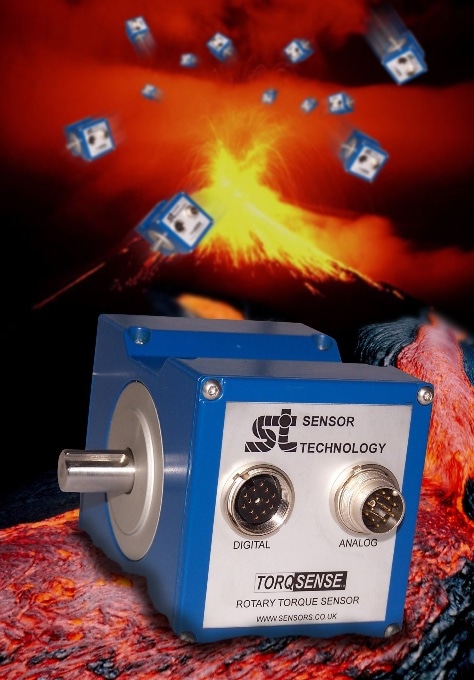The secrets of climate change and the formation of giant lava flows on Mars may soon be revealed to a British professor and his research team, as they investigate the lava flows from Mount Etna.

Harry Pinkerton, Professor of Physical Volcanology and Head of the Environmental Science Department at the University of Lancaster is analysing the rheological properties of molten lava. This information is vital for creating realistic models of lava flows which will be used to predict the final lengths and advance rates of lava flows on volcanoes such as Etna, Hawaii and Nyiragongo in the Congo (which killed 45 people and destroyed much of the town of Goma in January 2002) (see http://news.bbc.co.uk/1/hi/world/africa/1766170.stm). The models will also be used to constrain the way that giant lava flows on Earth and other planetary bodies are formed. This has important implications for the current debates on factors that caused major climate changes in the geological record. During field trips to Mount Etna with Dr Sonia Calvari of the INGV Observatory in Sicily, he uses equipment he has developed based on a high performance torque sensor developed by Sensor Technology in Oxon.
“There is a school of thought among climatologists that says sudden massive volcanic eruptions cause step changes in the climate,” explains the professor. “We are trying to establish whether this is in fact the case or not. Clearing up this mystery will be a major plank in understanding climatic dynamics and improve our appreciation of the situation facing the world today.”
The research will also help minimise damage during future eruptions, and will be directly transferable to research relating to Mars and other planets where volcanic activity is prevalent.
Pinkerton is quite modest in describing his equipment and research methods: “We sink a paddle into a lava flow, drive it at different speed from 0.1rpm to 60rpm and record the lava’s resistance to movement on to a PC.” In fact it is not only the speed that it’s varied, but also the depth of penetration into the lava. This procedure is then repeated several times at different locations in the lava flow to build up a detailed mathematical model of the actual flow.
All the sensing and data capture is done through a TorqSense unit, which is robust enough for such arduous fieldwork yet so sensitive that it can detect the slightest change in dynamics. It is a non-contact transducer that uses Surface Acoustic Waves (SAWs) to create frequency dependent strain gauges to measure the change in resonant frequency in the paddle’s drive shaft as it is subjected to strain. This measurement is directly related to the torque, a key parameter in Professor Pinkerton’s analysis – and indeed in many industrial control situations where its unique technology and variety of outputs can offer significant advantages.
“The simplicity of the TorqSense technology makes our field work possible,” says Pinkerton. “When you have to lug masses of equipment up a Mediterranean mountain and into a seeringly hot lava field, you want to be confident that every thing is going to work no matter how many hours you stay there.”